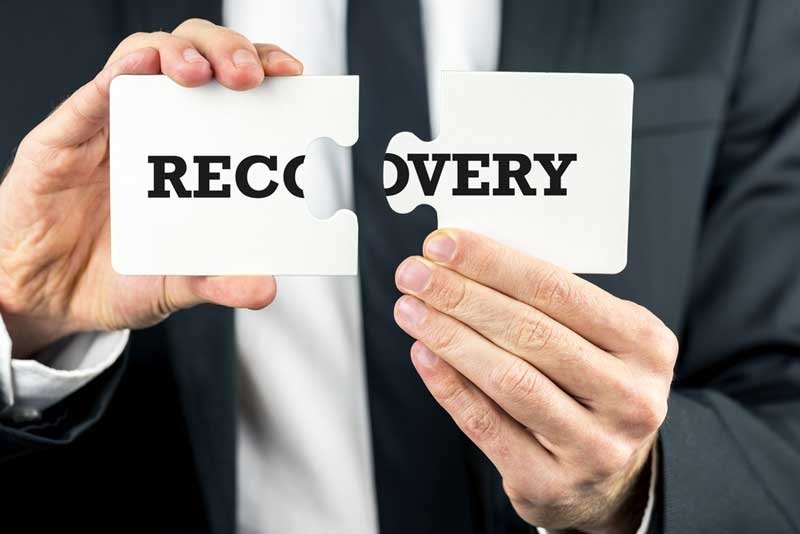Small businesses rely heavily on cash flow to operate and grow. However, unpaid debts can create a significant financial strain on small businesses. In such situations, a New York collection attorney can play a crucial role in small business debt recovery. In this blog, we’ll discuss the role of a New York Collection Attorney in small business debt recovery.
Evaluate the Debt
The first step a New York Collection Attorney will take is to evaluate the debt. They will review the details of the debt, including the amount owed, the debtor’s history of payment, and any contractual agreements. This evaluation will help the attorney determine the best approach to recover the debt.
Communicate with the Debtor
A New York Collection Attorney will communicate with the debtor to demand payment and negotiate a settlement. They will send letters and make phone calls to the debtor to demand payment and warn of potential legal action if payment is not received. If negotiations are successful, the debtor may agree to a settlement plan or payment schedule.
File a Lawsuit
If the debtor refuses to pay or cannot pay the debt owed, the next step is to file a lawsuit. A New York Collection Attorney can file a lawsuit on behalf of the small business and represent them in court. The lawsuit will demand payment for the debt owed, plus any interest or fees incurred.
Obtain a Judgment
If the lawsuit is successful, a judgment will be issued against the debtor. This judgment is a court order requiring the debtor to pay the debt owed. A New York Collection Attorney can assist in obtaining a judgment, which can include wage garnishment, liens on property, and other legal measures to enforce payment.
Enforce the Judgment
Once a judgment has been obtained, the debtor is legally obligated to pay the debt owed. However, some debtors may still refuse to pay. In these cases, a New York Collection Attorney can help enforce the judgment. This can include garnishing wages, levying bank accounts, or placing a lien on the property.
Protect Your Business
Finally, a New York Collection Attorney can help small businesses protect themselves against future unpaid debts. They can review contracts and agreements to ensure they have adequate legal protections and clauses in place for debt recovery. They can also advise on handling overdue accounts and minimizing the risk of unpaid debts in the future.






